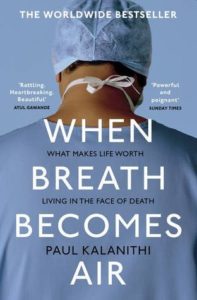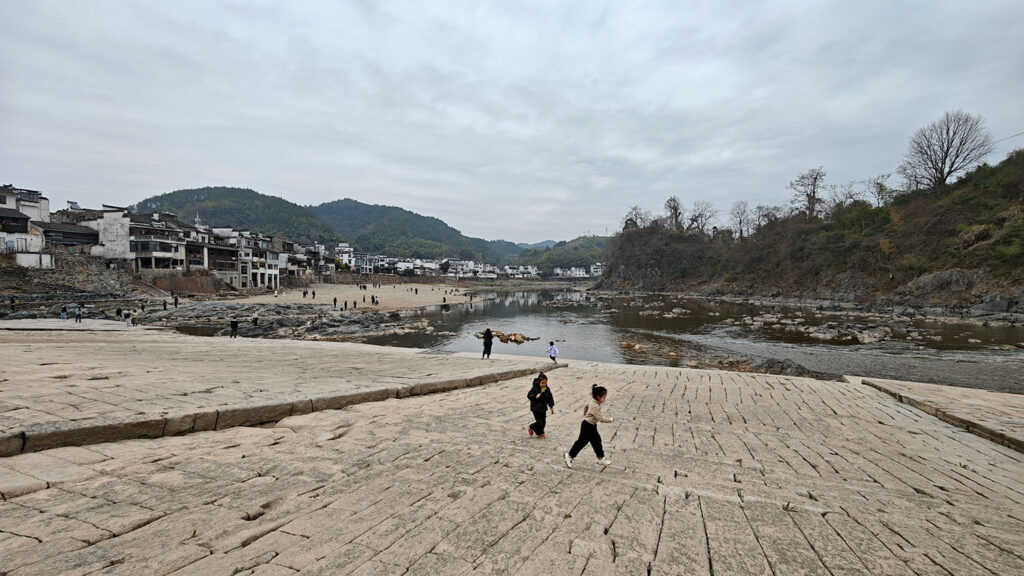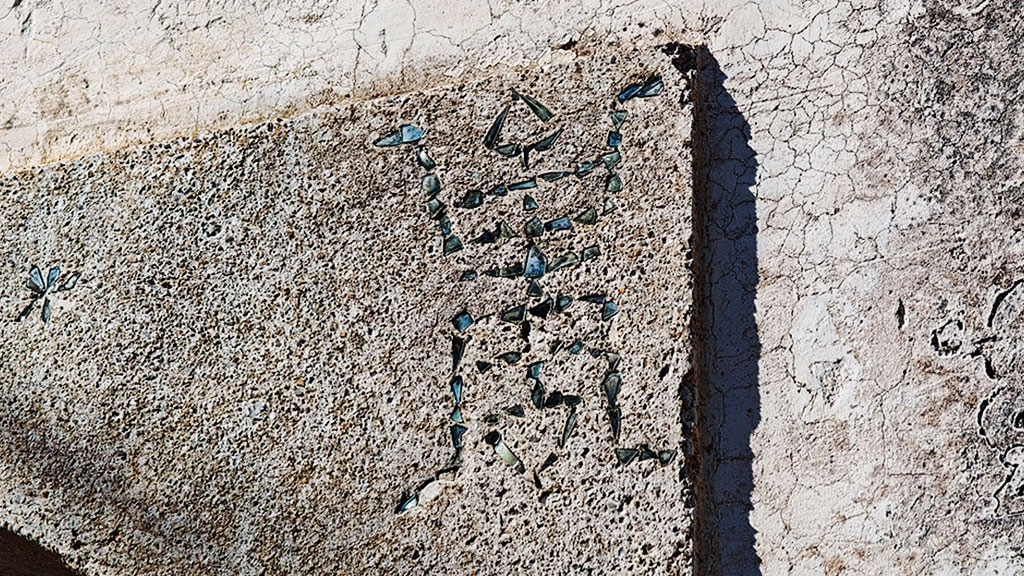Don’t worry, no spoilers.

H is for Hawk by Helen MacDonald
“Hunting makes you animal, but the death of an animal makes you human.” Helen Macdonald has written poetry before and it shows. She writes not just about things seen, but also things felt — intuitive thoughts and feelings we all have. Yet she is able to puts them into words. She writes about taming a hard-to-handle goshawk as an escape from the world and the loss of her father — and even though the subject is very much the wilderness of the bird and the fields and forests, the pages run thick with insights on human behaviour. It took me long a while to finish H is for Hawk because I’d be taking photos and notes, going back to pages and reading them aloud — and often I’d put the book down just in sheer awe of a paragraph.

When breath becomes air by Paul Kalanithi
You’d think the world has enough books from terminal cancer patients, who, in the face of death, try to give us all an urgent message: money and careers don’t matter — only love does. Yeh, I get it. How would anyone disagree with those sentiments, taking place in hospitals and bad-news conversations. The message is always the same — and this book is no different. The key difference is that this one is written to sing a beautiful yet sad song — the words flowing into a single note. It’s such a good book because even before his terminal diagnosis, Kalanithi loved books and wanted to write — and I’m sure parts were written before the diagnosis, because that is exactly what a person who writes such a book would have done. It’s a sad book, and yet you’ll feel better about life after reading it.

Shoe Dog by Phil Knight
I expected a business book but this is so much more. And it’s surprising, right away from the first page. Phil Knight writes well, and it’s obvious a lot of time has been put into the story of Blue Ribbon and Nike. There are the narratives of financing the company, the legal cases, and the factories, but this is not so much about business as it is about a vulnerable individual. We see Knight’s hopes, fears, motivation. The hard work, the luck, the gratefulness. The whole human side. This is what memoirs should be. There is leadership and business advice in here, but above all, it’s a joy to read.

Burning the Days by James Salter
Maybe Salter just lucked into being a great writer — but more likely it’s the inevitable result of someone who graduated from a military academy, flew fighter planes in the Korean War, dined with celebrities in Europe, and one who had the desire to write it all down. Salter was probably an even better conversationalist, but that is not this book. He writes loose, carelessly. He rambles as if talking over dinner, even though this is paper. But his wandering words ring true, his anecdotes and metaphors tell of life’s motives. These are the stories. Salter is his own observer, his own hero. Flawed and tragic, yet romantic about it.

How to be both by Ali Smith
It’s not a perfect book, yet a book I desperately want to love. ‘How to be both’ is a lighthearted tale about how art connects time and space and its people. The form is highly original, telling about two motherless figures, six hundred years apart — one a troubled teenager, the other an Italian fresco painter. The book is marketed as a genre bending, but it’s also where form gets into the way of function. At times the rambles and unstructured sentences are infuriating. But if you can accept that some parts are not meant to be understood, but rather to be felt — then this book does wonders.



